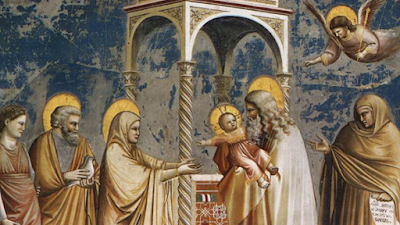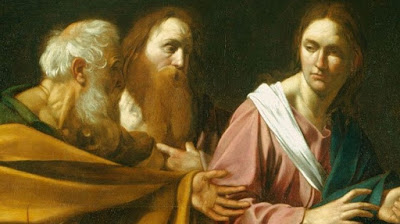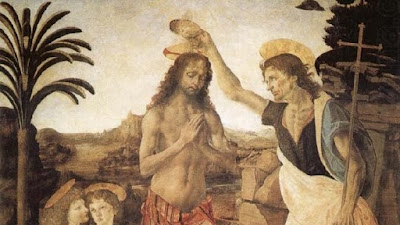Homily for the Feast of the Presentation of the Lord, February 2, 2020, Year A

Fr. René J. Butler, M.S. La Salette Missionaries of North America Hartford, Connecticut ( Click here for today’s readings ) Every couple of years I like to read my One Year Bible. This is one of those years. Just this past Friday, I read the following in Exodus 13: “Consecrate to me every firstborn.” Every firstborn animal had to be sacrificed to God. A donkey could be “ransomed” with a sheep; and “Every human firstborn of your sons you must ransom.” Remember that Moses was leading God’s people to Canaan, a land where child sacrifice was not unheard of. God was stating emphatically: DON’T DO THAT! The “purification” mentioned in the beginning of today’s Gospel refers to the period after childbirth when a woman could not even enter the temple, not because she was in any way “dirty,” but because she had incurred ritual “uncleanness” due to loss of blood. After that time, she would offer a lamb and a turtledove or pigeon; or, if she couldn’t afford a lamb, two turtledoves

